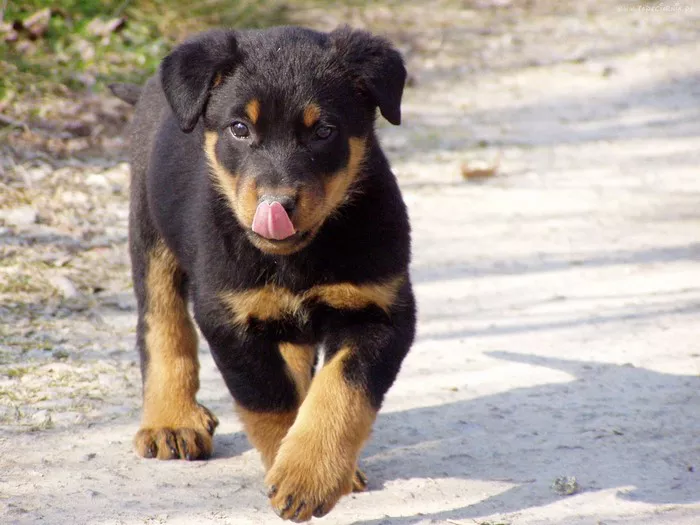In a tribute to their invaluable service, Polish military dogs have been officially awarded ranks, reflecting their crucial role in detecting explosives. The ceremony, held on September 6, 2024, in the historic town near Warsaw, marked a significant milestone in recognizing the contributions of these canines.
The honored dogs included Einar, Eliot, Enzo, and Emi, who were promoted to the rank of private as part of a new initiative by the Polish army. This program, introduced last year by General Wiesław Kukuła, aims to acknowledge the dedication and service of military dogs with ranks ranging from private to sergeant.
General Kukuła’s initiative has received widespread approval from the handlers of these dogs. Lance Corporal Daniel Kęsicki, who recently completed training with Eliot, a 2-year-old Belgian Malinois, expressed his appreciation. “The rank symbolizes the dog‘s contribution to national security,” Kęsicki stated. “It’s a gesture of recognition for the dog’s service.”
The dogs being honored are part of the 2nd Mazovian Engineer Regiment, which was the first Polish military unit to incorporate dogs into its operations in 2007. Captain Dominik Płaza, a spokesperson for the regiment, noted that the dogs have not suffered casualties in action.
During the ceremony, each dog’s handler received a badge with the animal’s new rank, which was affixed to the dog’s harness. This event was held in conjunction with the regiment’s 80th anniversary celebrations. The dogs earned their ranks by completing basic training and serving for over a year.
“This recognition is largely symbolic,” Płaza explained. “It serves to acknowledge that these dogs are considered members of the armed forces, not merely tools for detecting explosives.”
The regiment’s dogs have played a vital role in various international missions, including recent deployments to Paris for the Summer Olympic Games and the Paralympics, where they assisted in security efforts. Polish military dogs have also supported NATO operations in Iraq and Afghanistan.
Earlier this year, Poland further demonstrated its commitment to military canine units by sending 12 trained dogs to assist the Ukrainian military with mine-clearing operations.
Handlers, who volunteer for the assignment, maintain a lifelong commitment to their canine partners, handling their training, care, and retirement. Staff Sergeant Michał Młynarczyk, who served in Afghanistan with his dog Elvis, now works with Kobalt, a German shepherd who was recently promoted to private. Młynarczyk emphasized the deep bond between handler and dog. “The work the dog performs is dedicated to me,” he said. “It’s a relationship of trust and companionship.”
Despite the formal ranks, handlers remain the higher-ranking members in the relationship. “Dogs do not outrank their handlers,” Płaza noted with a smile. “The handler will always hold a higher rank.”
This symbolic gesture highlights Poland’s respect for military animals and aligns with recent government initiatives providing retirement benefits for service animals in various sectors, including police and fire departments.
The ceremony concluded with General Kukuła ordering the dogs to be removed from the hot square to ensure their well-being, while human soldiers continued to stand in their uniforms.


